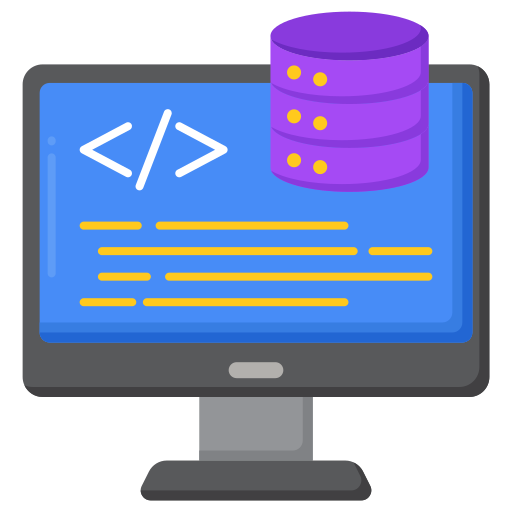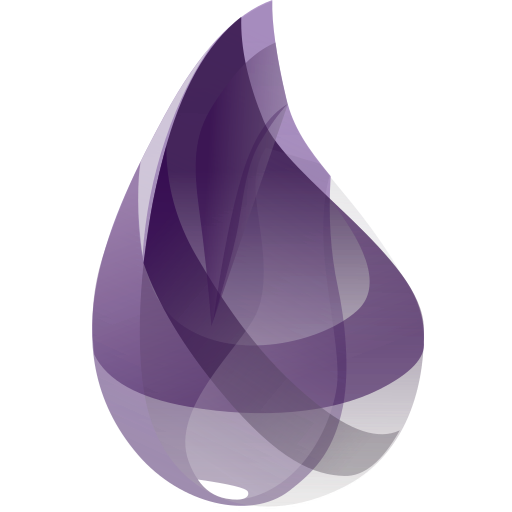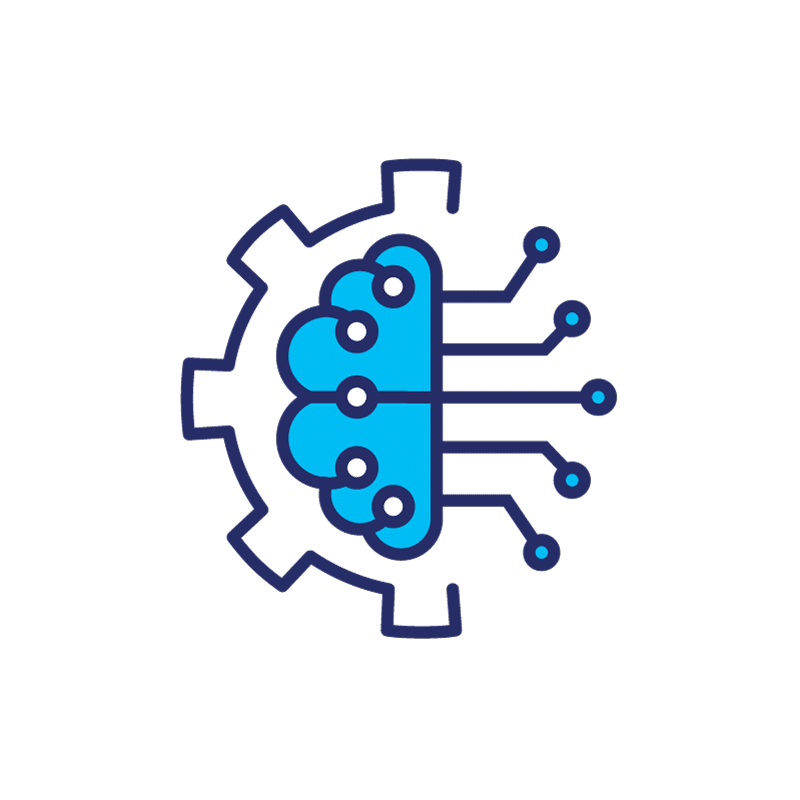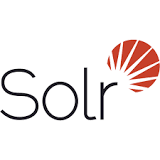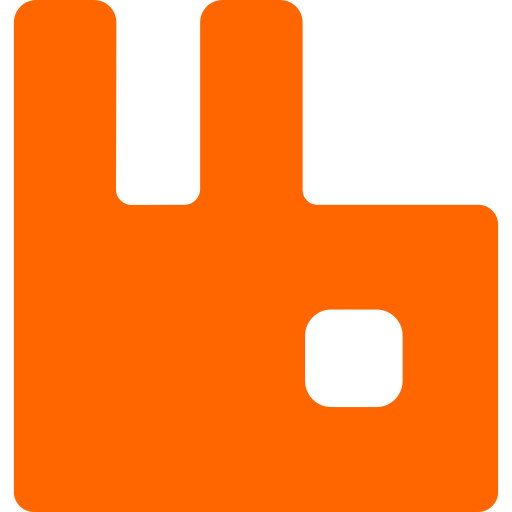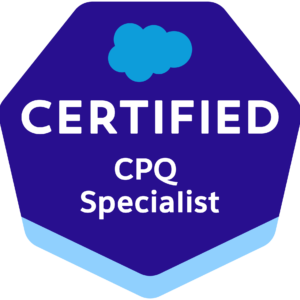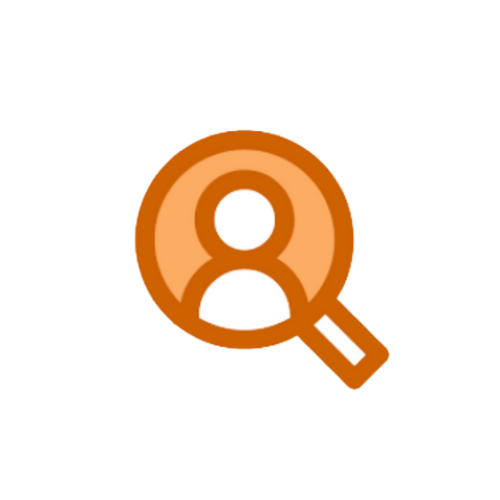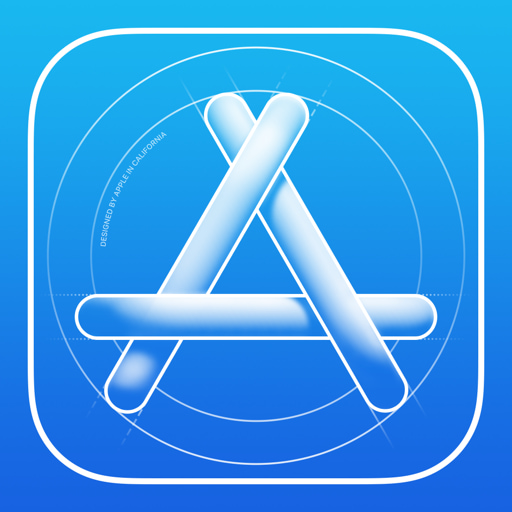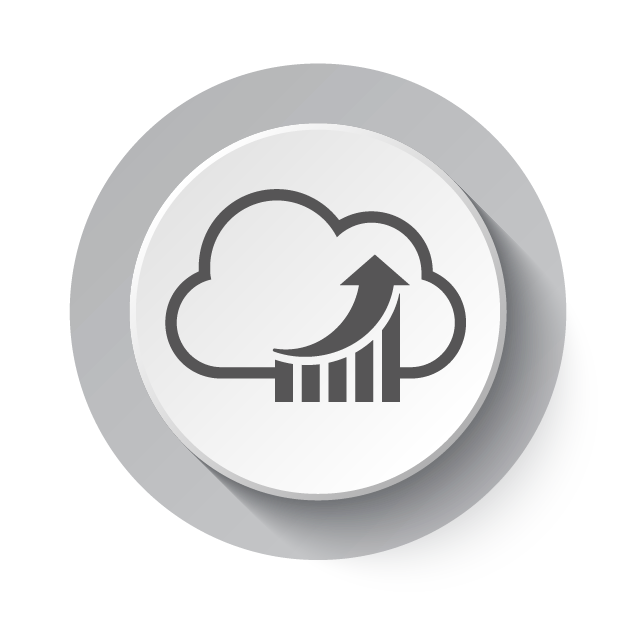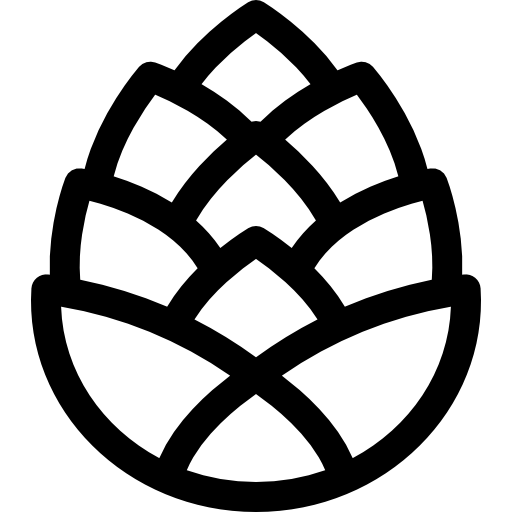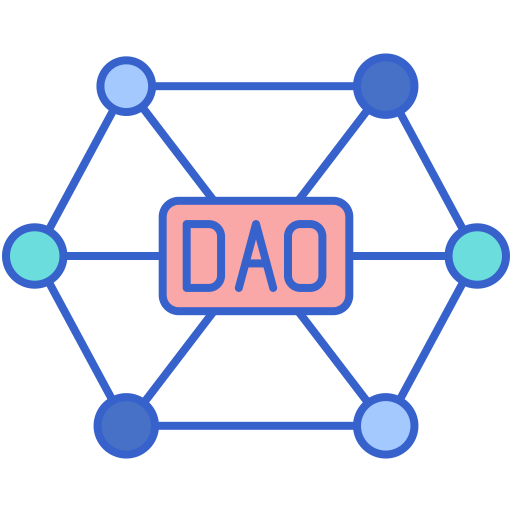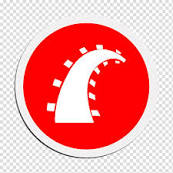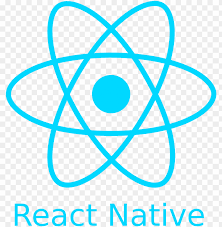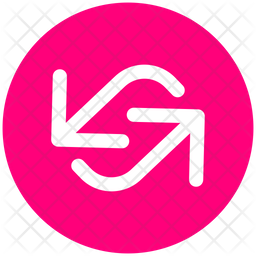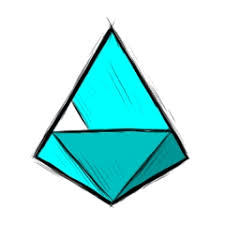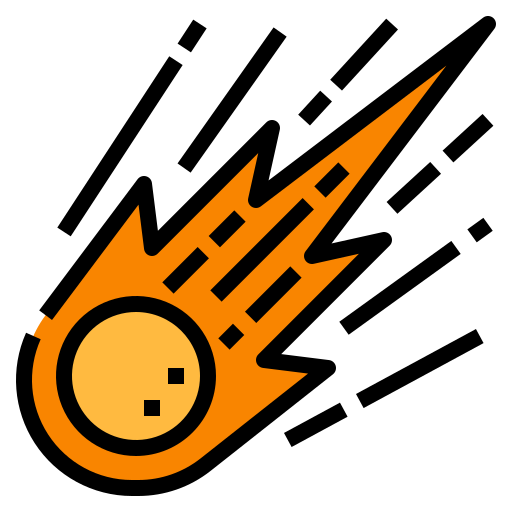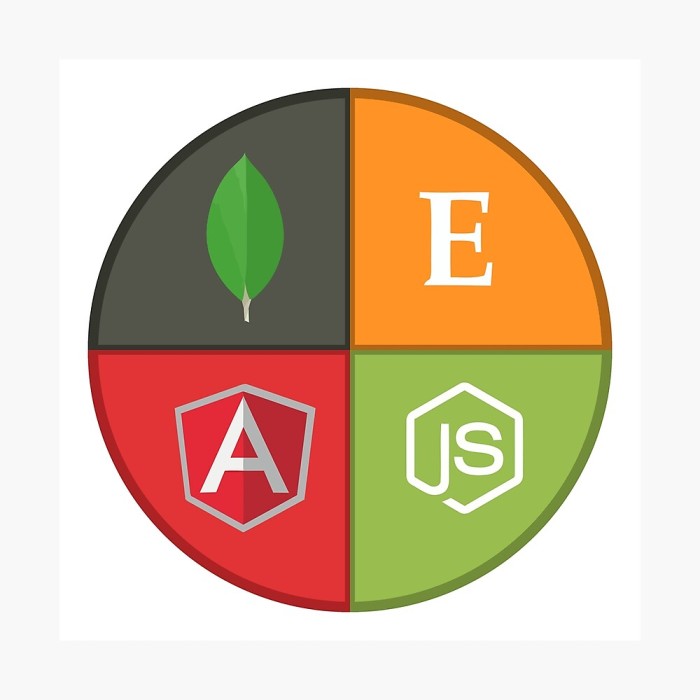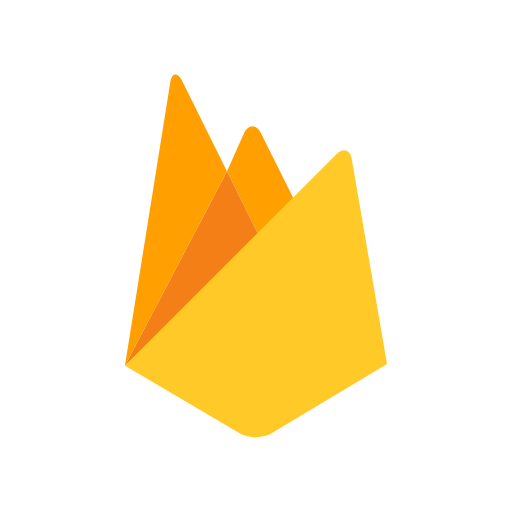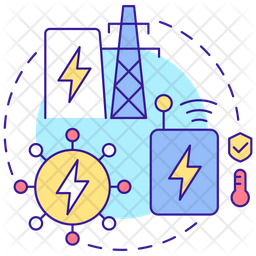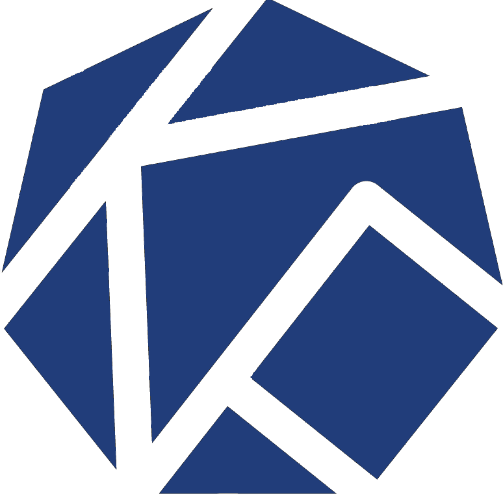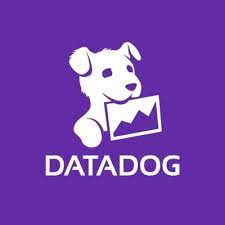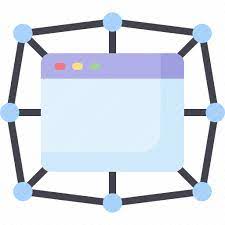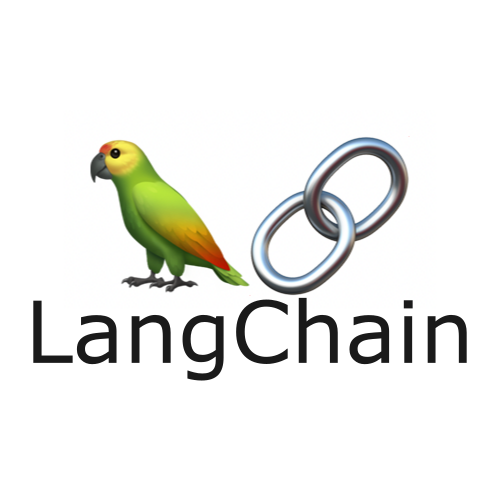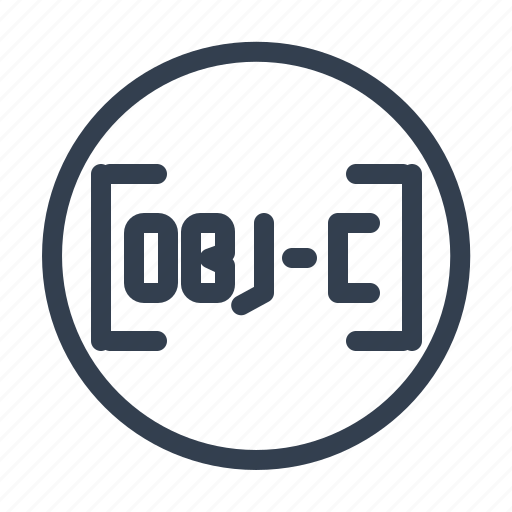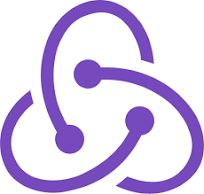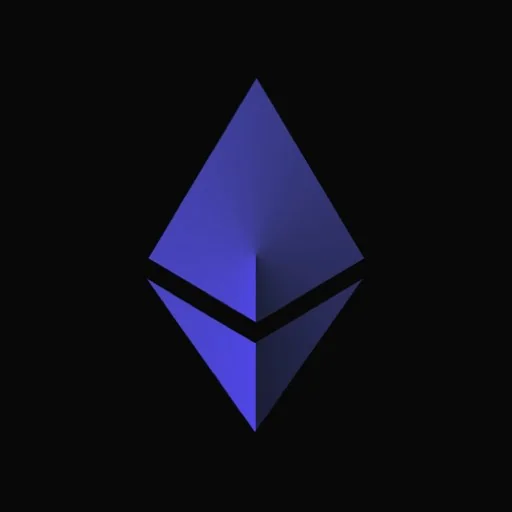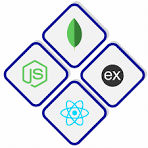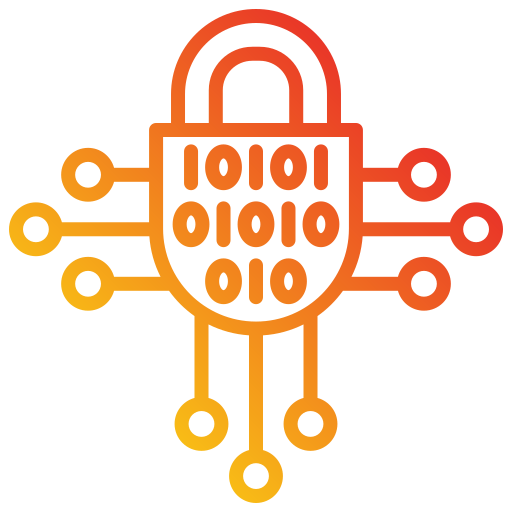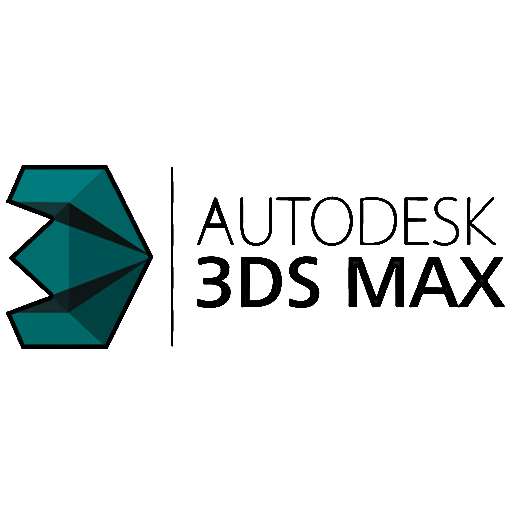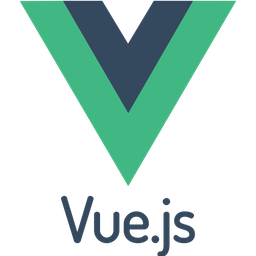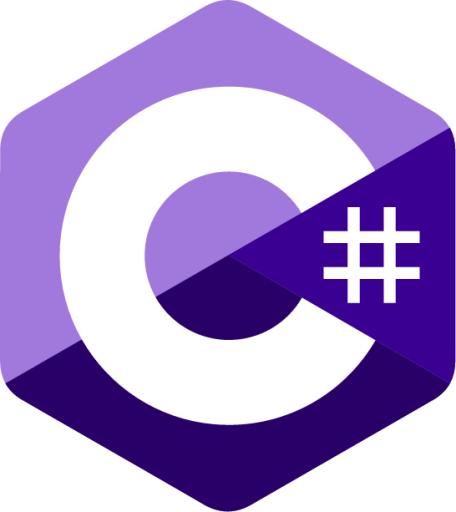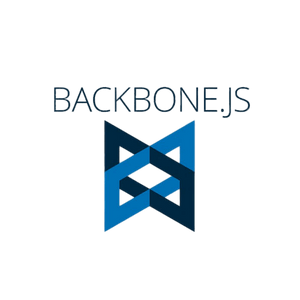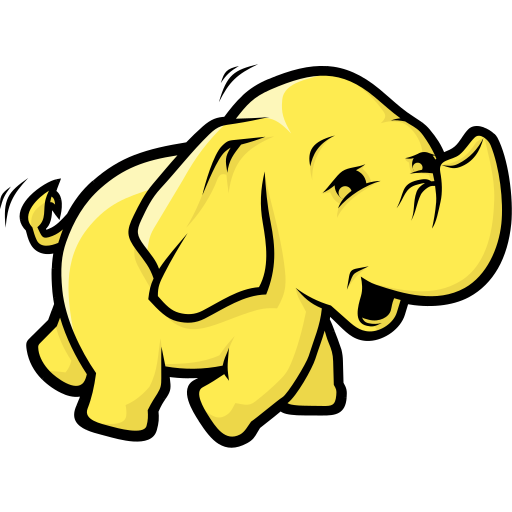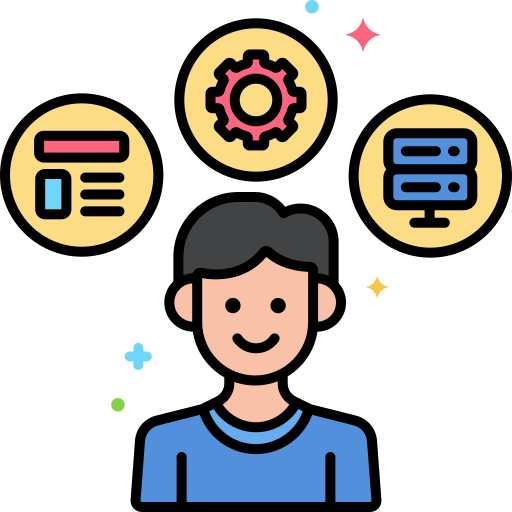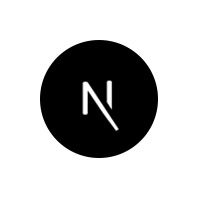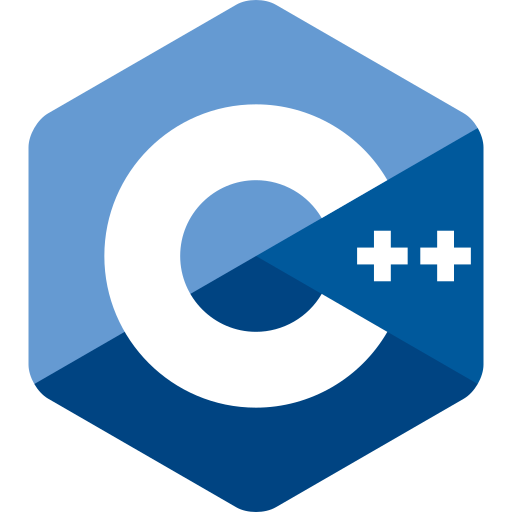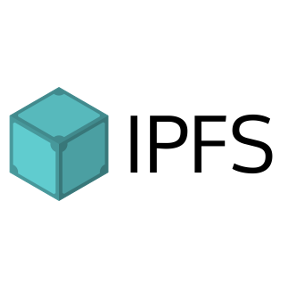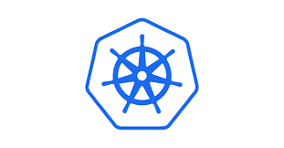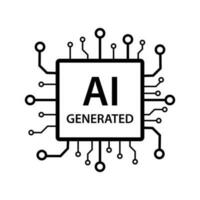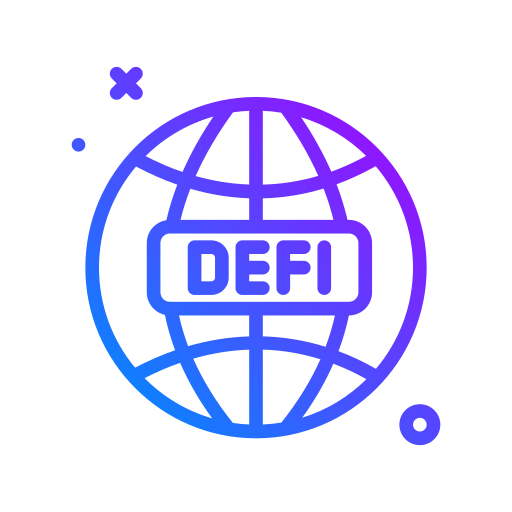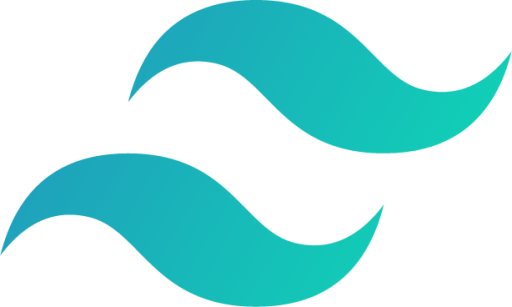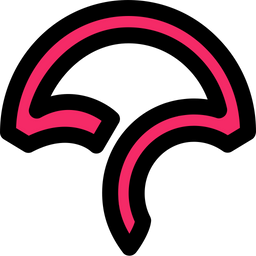Contents
What are the Essential Skills of a TensorFlow Developer for Hire?
How to Find the Best TensorFlow Experts?
How to Write a TensorFlow Developer Job Description?
How is TensorFlow Used in Different Industries?
Interview Questions to Hire TensorFlow Developers
What are the Essential Skills of a TensorFlow Developer for Hire?
TensorFlow developers should possess the following skills in their toolkit:
- Strong Coding and Computer Science Fundamentals
- Mastery in Neural Networks
- Expertise in Mathematics and Statistics
- Expert in Data Modeling and Evaluation
- Strong Knowledge in Natural Language Processing (NLP)
- Excellent Communication Skills
Professional TensorFlow Developers must possess an in-depth knowledge of data structures (stack, queue, tree, and graph), algorithms (searching, sorting dynamic programming greedy programming), space/time complexity as well as other computer science concepts. Developers with a Bachelor's degree or similar certification usually possess extensive knowledge in this area. As well, they should possess expertise in various programming languages, such as Python and R for Machine Learning and statistics, Spark and Hadoop for distributed computing, SQL for database administration, and Apache Kafka for pre-processing data pre-processing among others.
Neural Networks have become a foundation of Machine Learning and TensorFlow development, ensuring the developer you hire has experience training models with billions of data sets as well as deep learning frameworks accelerated on GPUs to easily build more new models without hard coding. To check the TensorFlow developer's skills, testing with various skills including Feedforward Neural Networks, Recurrent Neural Networks, Convolutional Neural Networks, Modular Neural Networks, etc.
Math can play an important role in Machine Learning and help in developing powerful learning models, from finding an efficient method for approaching data to using algebraic formulae to define parameters and estimate confidence levels. Some Machine Learning algorithms derived from statistical modeling processes can also be easily understood if one possesses a strong mathematical/statistical background. Linear algebra, probability analysis, statistics modeling processes as well as calculus are among some important topics you should look out for when hiring a TensorFlow Developer.
Talented TensorFlow developers must possess exceptional knowledge in modeling and evaluating data. Data modeling involves first understanding how data is organized before finding hidden patterns in it. You must also assess whether your remote TensorFlow developer can effectively manage the data or not. Understanding regression, classification, clustering, dimension reduction, and other Machine Learning methods is important when evaluating data models.
Natural Language Processing depends on the extensive use of multiple libraries, which contain functions that help computers understand natural language by breaking down text into smaller parts. TensorFlow enginner should possess excellent proficiency with libraries like Natural Language Toolkit, which is the preferred platform for creating NLP applications.
Hiring a technically skilled remote TensorFlow developer who can effectively communicate with people from clients to relevant business stakeholders is of utmost importance. Effective communication helps build team morale while providing quick solutions to solve critical problems more quickly and efficiently.
How to Find the Best TensorFlow Experts?
You can screen profiles based on criteria such as: Industry Knowledge: A TensorFlow developer who understands your industry can assist in devising ways to reach out to your target market successfully. Work Experience: Check out the candidate profiles to assess specific skills and experience (e.g. integrating TensorFlow with Spark for high-throughput data processing). Client Feedback: Check reviews from previous clients of your chosen TensorFlow programmer to find positive feedback.
How to Write a TensorFlow Developer Job Description?
After creating an outline of the ideal TensorFlow developers, it's time to write your job post. Here we should provide you the important details so that you are able to write the best TensorFlow developer job description. An effective TensorFlow job description should include: Scope of Work: List out all of the deliverables you'll require, from big data analytics to image recognition systems. Project Duration: In your job post, be sure to note whether this project is small or large in scope. Background: If you possess experience in certain industries, technologies, or developer tools, include this in your biography here. Budget: Create and outline your spending limits as well as your preferences regarding hourly rates or fixed-price contracts.
How is TensorFlow Used in Different Industries?
TensorFlow has been used across industries and applications, from robotics to finance to search engine optimization (SEO). Below is a list of ways TensorFlow can be utilized by various industries: Robotics: As autonomous vehicles and robots become an ever-increasing part of everyday life, TensorFlow offers an opportunity to help these machines learn new abilities by making them smarter than ever! Additionally, TensorFlow can train robots to perform complex tasks such as object recognition, navigation, and control more efficiently than ever. Finance: TensorFlow makes it easier than ever before for financial institutions to track risk across their portfolio of assets while simultaneously projecting future values based on historical information. Healthcare: Analyzing medical images or patient data to assist in diagnosis and treatment decisions. Marketing: Predictive modeling allows businesses to forecast future outcomes using historical data. Image Recognition: Recognizing objects within images or classifying images based on their content can be used in applications such as facial recognition, security systems, and autonomous vehicles. Natural Language Processing: Examining and comprehending human speech, including speech recognition, sentiment analysis and translation services. Anomaly Detection: Recognizing anomalous patterns or behavior within data that could help with fraud detection or network security.
Interview Questions to Hire TensorFlow Developers
Here are some important interview questions to use when looking for the right TensorFlow developers:
- What is TensorFlow?
- How many types of Tensor?
- What are the working components of TensorFlow Architecture?
- What is your understanding of Tensor?
- What is TensorBoard?
TensorFlow is an open-source library created by Google specifically for deep learning applications, though it also supports traditional machine learning applications. TensorFlow was originally intended for large numerical computations without keeping deep learning in mind.
Tensors can be broadly categorized into a few types based on their order, or the number of dimensions they have: Scalar (0D Tensor): Represents a single number. Vector (1D Tensor): Represents an array of numbers along a single dimension. Matrix (2D Tensor): Represents a table of numbers with rows and columns. Higher-Dimensional Tensors (3D and above): Tensors with more than two axes, extending the concept to higher dimensions.
The three main working components of TensorFlow architecture are: 1. Graphs 2. Sessions 3. Tensors
Tensors are multidimensional arrays used in computer programming that function similarly to vectors and matrices in vector space by representing numerically various kinds of information. While there are other libraries such as Numpy, TensorFlow stands out by offering methods to create tensor functions as well as automatically compute derivatives.
TensorBoard is a collection of visualizing tools for inspecting and understanding TensorFlow runs and graphs. The creators provide it as an easy solution that lets us visualize graphs. TensorBoard currently supports five visualization techniques including scalars, images, audio histograms graphs; which helps improve accuracy and flow within graphs.




































